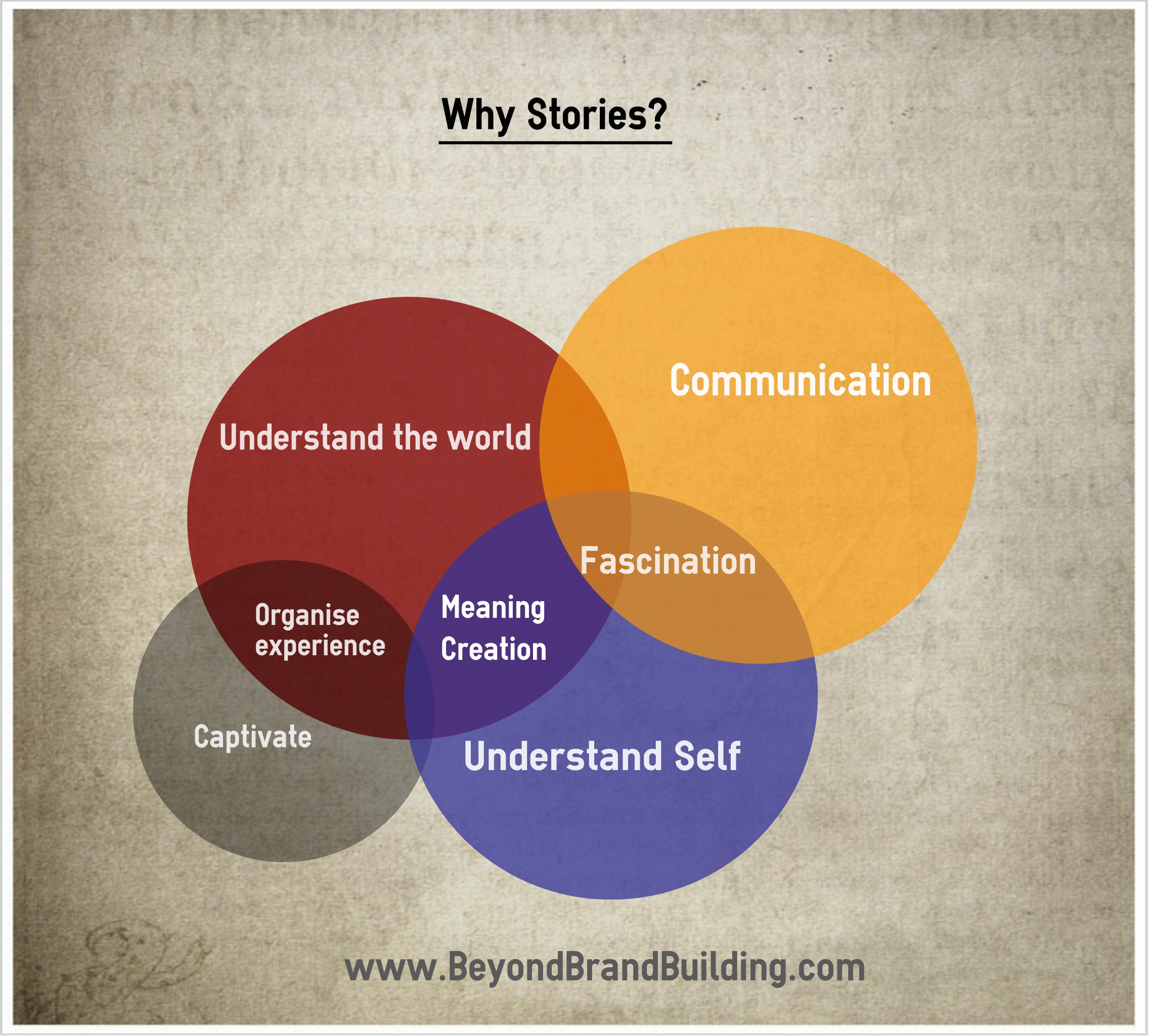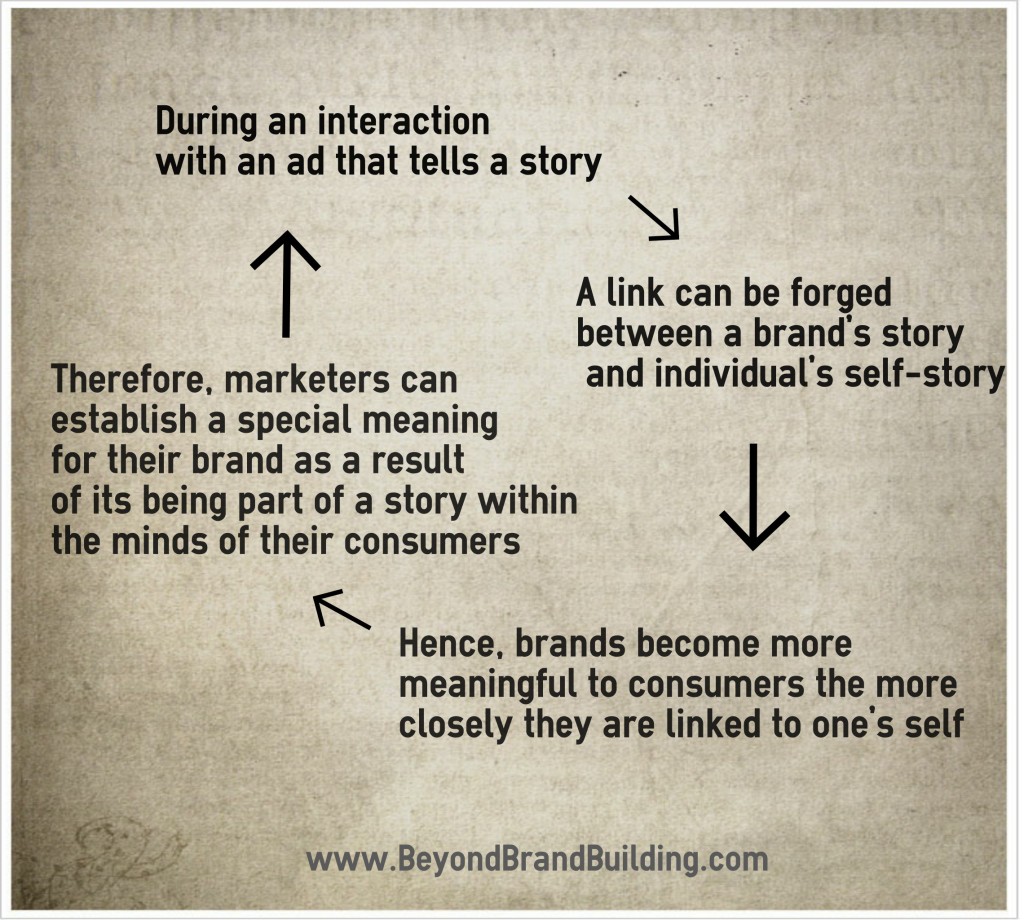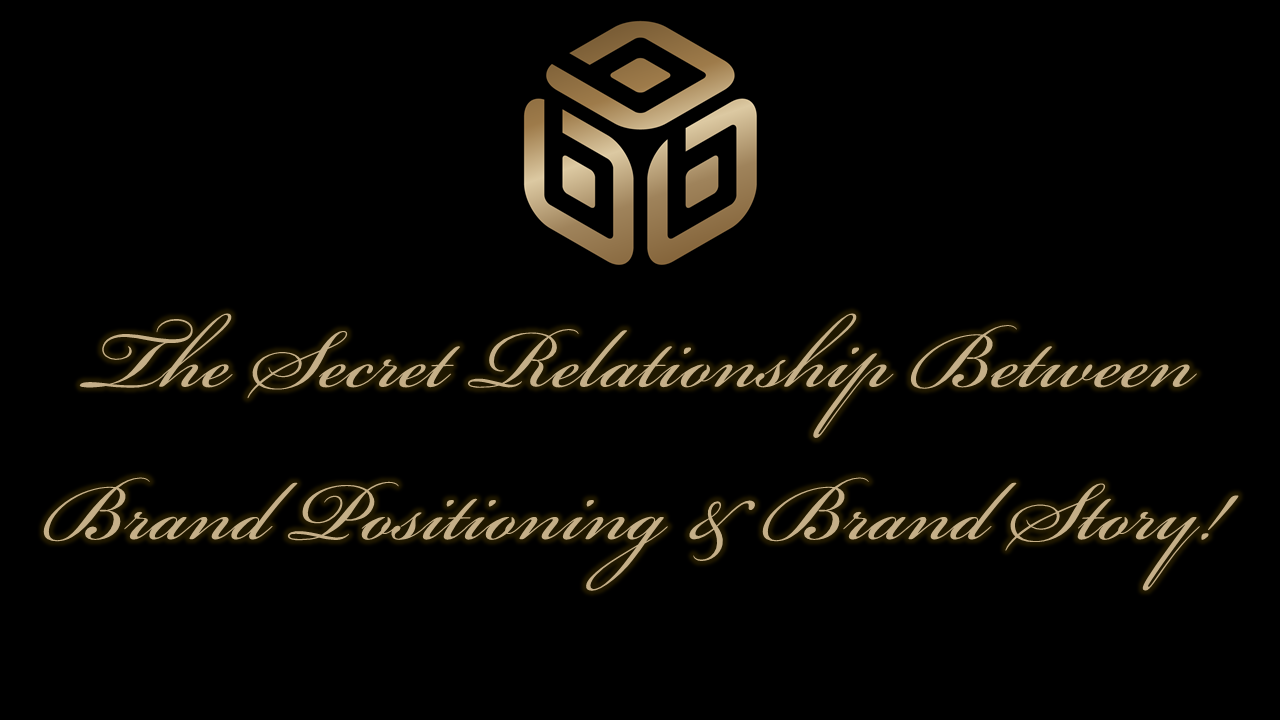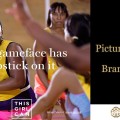Why Brand Story Concept is Your Next Secret of Success!
Have you taken the necessary steps toward immersing people into your brand? Are you giving them reasons to be obsessed with your story? Are you really creating your brand story or do people create that on your behalf?
Storytelling strategy is so powerful, especially in brand communication and so contagious to a degree that can’t be ignored. Actually, Brand Story Concept (storytelling in branding) has never been ‘hotter’ than today. The success factors are intimately related with Strategic Branding, Word-Of-Mouth, Social Sharing, Social Media, Brand Positioning, Brand Perception and the essence of creative Content Marketing.
Why Stories?
Stories tend to fascinate and captivate people, and they have been used since thousands of years ago. Storytelling by itself is an ancient art and science. In reality, people communicate by stories in their daily lives with or without them noticing. People create stories to understand themselves, organize experiences in their lives, create order, create meanings, explain strange events, gain perspective, and even evaluate situations. Just recently, brands started to realise the difference when they started to utilise effective stories in their brand-to-consumer communication initiatives.
Stories considered to be more emotional and easier to be remembered than dry facts and figures, Stories can be remembered up to 22 more than facts alone ~ Jennifer Aaker
Scientifically, Why Brand Stories?
There are many ways to answer this question. Though, I compiled for you some top notch schools of thoughts to respond to this question.
You can think of a brand as ‘the complete customer experience… and is the magical difference between many competing companies in today’s world (Smith & Zook,2011). Moreover, ‘brands exist primarily to make branded products more meaningful to the lives of the consumers’ (Calder, 2010). User and usage associations permeate consumer stories about brands along with psychological and symbolic benefits, which are linked to the value of the brand (Aaker, 1991; Keller, 1993).
A brand also known to be a valuable asset, characterised by intangible attributes. It is how a company’s products or services are perceived by the target audience, as well as the image, associations and inherited value that customers place on a company. Keller (2008) asserted that brands reside inside consumers’ minds, and they are perceptual entities rooted in reality, in addition to being a reflection of the perceptions, and perhaps even the idiosyncrasies, of consumers. He also emphasized that the key to branding is that consumers perceive differences among brands in a product category.
If people naturally think in story-like form, it is therefore reasonable for consumers to interpret their exposure/experience with brands via narrative thought processes (Escalas, 2004). To explain more, Jennifer Escalas have provided the following scientific framework:
What does it mean for your brand?
Simply, it means that you need to look at your future campaigns with a new perspective. If and only if you want to hook and immerse people in your brand and have a better and positive brand associations within their minds.
Believe it or not, there is a gap in the market for such a concept (i.e. Brand Stories) –that’s why you might even started to see different new books/titles about that- especially when it comes to brand-to-consumer communication strategy. It is proven that many successful brands have already figured out creative ways to use and reveal their brand stories in different markets.
Artistically, can we see some real life examples of Brand Story Concept?
Of course. Actually, there are many excellent examples of the strategic utilisation of brand story concept. Some of them are really creative with profound meaning behind them. Yet, I picked up some of my favourites for you, enjoy!
‘The enchanted factory’ by Dior
‘Find wonderful’ by Myer
‘I Bought A Jeep’ by Jeep









